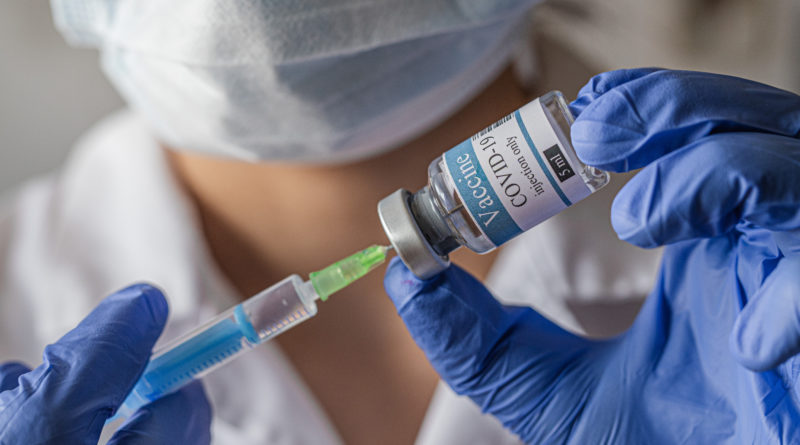Three New COVID-19 Vaccine Developments
66,213 total views, 1 views today
Last month, the federal government approved two COVID-19 vaccines for public use. However, just as many experts predicted, the vaccine rollout has proceeded with numerous gaps in distribution, administration, and storage. Additionally, new COVID-19 variants have posed additional potential concerns. Below, discover the biggest COVID-19 vaccine challenges experienced so far and learn about three new developments.
1. COVID-19 vaccine effectivity questions
According to a prominent research publication, Israel is ranked highest internationally in COVID-19 vaccination on a per capita basis. On January 18, Israel’s coronavirus tsar stated that a single dose of the Pfizer and BioNTech’s COVID-19 vaccine may be “less effective than we had thought.” However, on January 22, Israel’s Health Ministry did not completely support these claims. The Health Ministry said in its statement that the virus czar’s comments were “out of context and not accurate.”
The Health Ministry added that the vaccination campaign in Israel started a month ago during a surge in case rates and deaths, thus making it tougher to evaluate vaccine effectiveness. According to media reports as of last week, Israel’s health ministry tested approximately 189,000 people after they received Pfizer’s vaccine. Approximately 6.6 percent of these people, including 69 people who had received two shots, still tested positive for COVID-19. Some experts are blaming Israel’s vaccine difficulties on new and more transmissible SARS-CoV-2 variants, especially the B.1.1.7 variant.
2. COVID-19 vaccine mutation questions
New data has raised concern that the current COVID-19 vaccines are potentially not as effective in protecting against new, more transmissible SARS-CoV-2 strains. During a January 21 press briefing, White House health advisor Dr. Anthony Fauci said that the emergence of recent COVID-19 strains is all the more reason to administer vaccinations faster.
Fauci added that, although the variants are concerning, if they are properly tracked, they should be manageable. He also said that there are alternative plans if the vaccine needs to be modified and that it shouldn’t be difficult to update the vaccine if needed.
Dr. Rochelle Walensky, the new director for the Centers for Disease Control and Prevention (CDC), said on January 19 that she is optimistic and believes the vaccines will work against the new COVID-19 variants. However, Walensky warned that the vaccines may not end up as effective as they were in clinical trials.
3. COVID-19 vaccine distribution failures
Across the United States, several localized COVID-19 vaccination distribution failures have occurred. Last week, Maine health officials discovered that many Moderna vaccine shipments received statewide were not kept adequately cold during their transportation. As such, 4,400 doses may possibly need to be discarded. Dr. Nirav Shah, director of the Maine CDC, said that this flaw occurred in 35 of Maine’s 50 vaccination sites. Shah added that rollout issues have occurred in other states as well.
In Pennsylvania, residents and healthcare providers have complained about long wait times for receiving vaccines. Additionally, Pennsylvania seniors who live independently have faced difficulties accessing the COVID-19 vaccine.
At the beginning of January, California administered approximately 454,300 doses, which is 35 percent of available California doses. On January 4, Governor Gavin Newsom admitted that the pace of immunizations started slowly. However, he promised that COVID-19 immunization would accelerate and more people would get quick access to COVID-19 vaccines.

